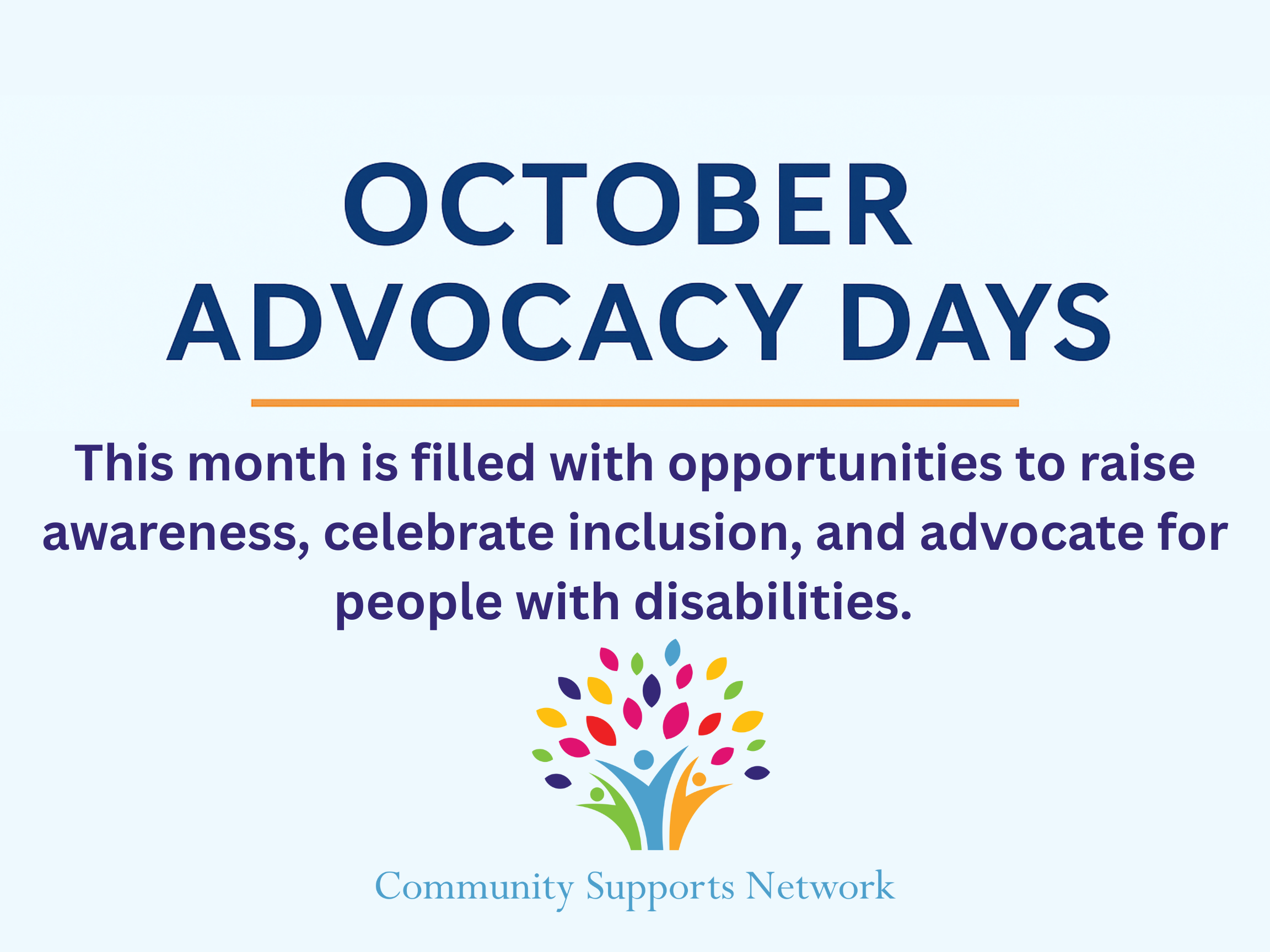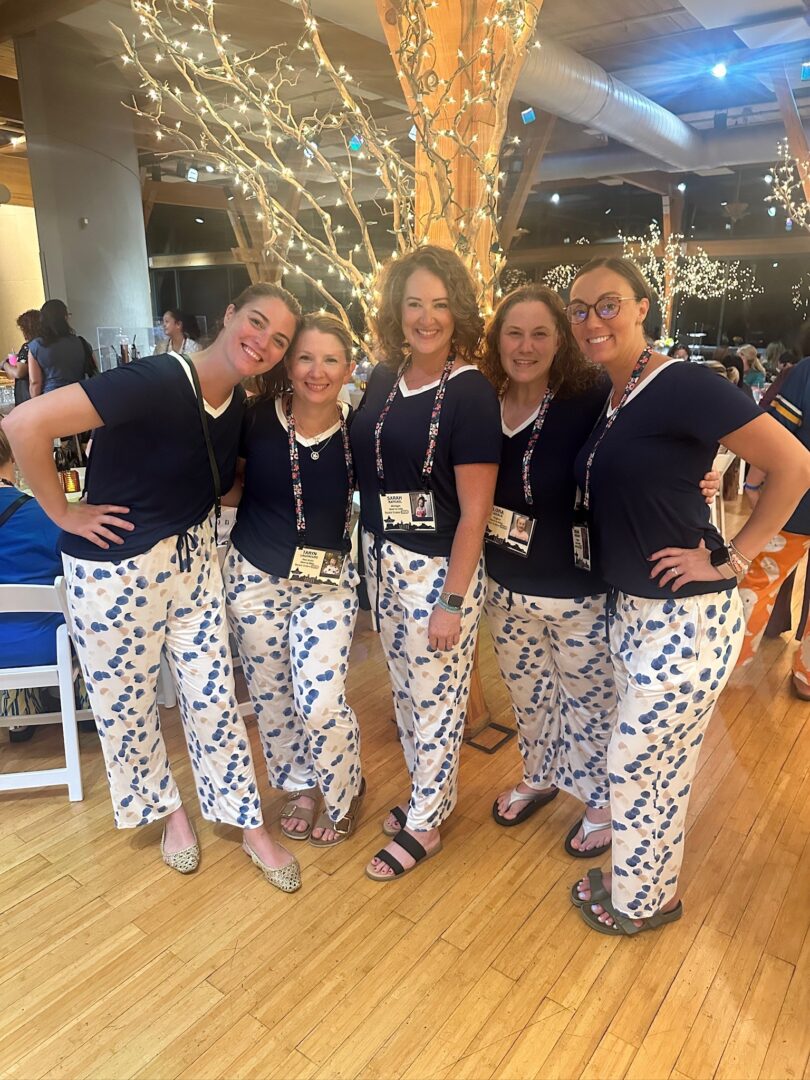
Black History Month invites us to reflect on the resilience, leadership, and contributions of Black individuals throughout history. It is also a time to acknowledge stories that have too often been overlooked — including the experiences of Black individuals with disabilities.
The intersection of race and disability tells a powerful story about advocacy, inequity, resilience, and progress.
At Community Supports Network (CSN), we believe honoring history means recognizing the barriers that existed — and continue to exist — while committing to equity in the services we provide today.
A History of Overlooked Voices
Historically, both racial discrimination and disability discrimination have shaped access to education, employment, healthcare, and community inclusion.
Black individuals with disabilities have often faced compounded inequities:
- Limited access to quality healthcare
- Disproportionate placement in segregated education settings
- Underdiagnosis or misdiagnosis of developmental disabilities
- Reduced access to early intervention services
- Barriers to culturally competent care
For decades, disability advocacy movements and civil rights movements ran on parallel tracks — but the voices at the intersection were not always centered.
And yet, Black leaders with disabilities have played powerful roles in shaping advocacy across both movements.
Leaders Who Shaped Change
Brad Lomax

A member of the Black Panther Party and a disability rights activist, Lomax played a critical role in the historic 504 Sit-In of 1977, which led to enforcement of Section 504 of the Rehabilitation Act — a foundational civil rights protection for individuals with disabilities.
Johnnie Lacy

A leader in the Independent Living Movement, Lacy advocated for accessible housing and services while highlighting racial inequities within disability systems.
Lois Curtis

Curtis was one of the plaintiffs in the landmark Olmstead v. L.C. Supreme Court case, which affirmed the right of individuals with disabilities to live in community-based settings rather than institutions.
These leaders remind us that disability rights are civil rights — and that advocacy is strongest when it is inclusive.
Where We Are Today
Progress has been made, but disparities remain.
Research continues to show:
- Black children are more likely to face disciplinary action in schools rather than receive appropriate disability supports.
- Black adults with disabilities experience higher rates of unemployment.
- Access to culturally responsive services remains inconsistent.
Understanding this history helps inform better practices today.
Moving Forward with Equity
At CSN, equity is not a seasonal conversation — it is an ongoing commitment.
Providing person-centered services means recognizing the full identity of the individual — including culture, race, community, and lived experience.
It means:
- Practicing cultural humility
- Listening without assumptions
- Building trust with families
- Ensuring access to community-based, inclusive services
- Continuing education for support professionals
When we acknowledge the intersection of race and disability, we strengthen our ability to provide truly inclusive care.
Black History Month reminds us that progress is built through awareness, advocacy, and action.
And that honoring history requires us to continue the work.





